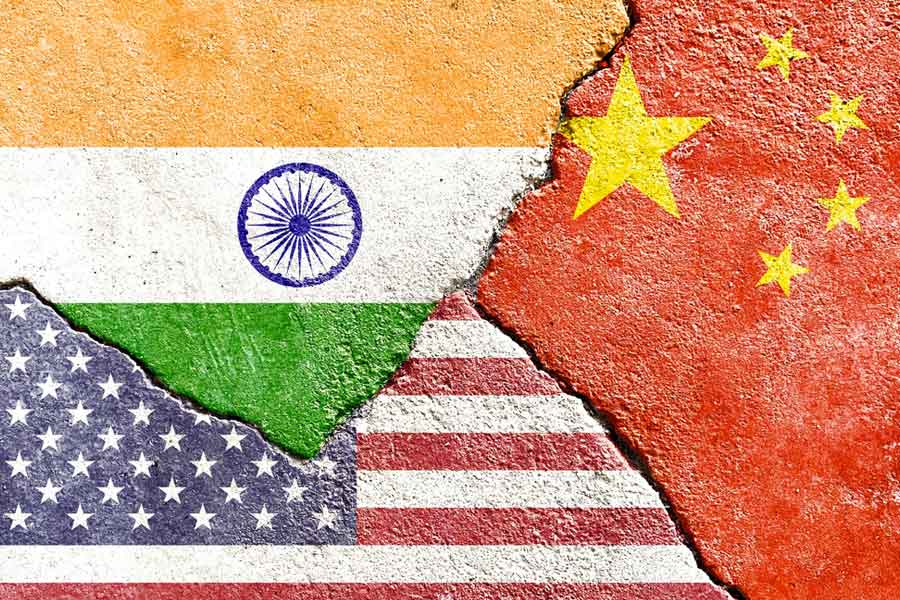The responses of the dragon and the tiger to Donald Trump’s weaponising of tariffs have been markedly different. China has bitten back, imposing steep counter tariffs on American goods. Consequently, in May, the United States of America and China reached an agreement — to hold for 90 days — that saw Beijing slashing levies from 125% to 10% and Washington bringing the tariff down from 145% to 30%. India, which was whiplashed with 25% tariffs initially and then an additional 25%, making it the Asian nation with the highest burden of tariffs —- did bark: no less than Prime Minister Narendra Modi assured the nation that India would not compromise on its sovereign interests amidst rising concern about the fate of the talks on the trade deal with the US. But the truth is that India can bark but, unlike China, lacks the teeth to bite. The size of its market makes India an attractive site for global grade but that pales into comparison when compared to that of China. Beijing’s economic heft and reach are much greater than those of India — the, admittedly controversial, Belt and Road Initiative is a case in point — as is its military might and geostrategic weightage.
There is, understandably, speculation on why the fabric of India’s ties with Mr Trump now sports creases. Some critics argue that India’s diplomats were complacent that Mr Modi’s seemingly smooth — superficial? — personal ties with the US president would see New Delhi through. There is also the view that India’s staunch refusal to give the US access to its critical sectors such as dairy and agriculture has forced Mr Trump to use tariffs punitively. Whatever may be the case, the fact of the matter is that New Delhi needs to prioritise its own interests in the course of this tricky diplomatic test. In fact there is a case to argue — even though this may not be to the prime minister’s liking — that India’s negotiators could take a leaf out of the Nehruvian era playbook and insist on keeping the nation’s interests independent of any international bloc through hard diplomacy. What should guide these trade talks is the welfare of the nation and its people. After all, personal equations or alignments with other nations are transient in diplomacy and trade. What is permanent, and matters the most, is the securing of national interest through the template of traditional, hard diplomacy sans inconsistency and airy fanfare.










